The NHL and Inclusivity
Pride pushback. What gives?
Clarion photo Jeffrey T. Barnes
Pittsburgh Penguins’ Sidney Crosby shows support in a rainbow pride jersey.
In July of 2021, professional hockey player Luke Prokop came out as gay to the hockey community, making him the first player to come out under an NHL contract in over a hundred years of NHL existence. The fact that it was so long before the sport saw a professional queer player does not come as a surprise to many, since the NHL has long struggled with efforts at inclusivity as the world becomes more accepting, yet the sport doesn’t.
In 2017, the NHL launched the Hockey Is For Everyone initiative, stating plainly that the sport is welcome to everyone regardless of race, gender, sexual orientation, class, or abilities. Along with the movement, all 32 NHL teams began holding annual pride nights toward the end of the season. Pride nights involve the players donning rainbow jerseys during warmups, or taping their sticks with rainbow-colored tape. These steps towards inclusivity were intended to combat the harsh environment of the sport.
“There’s a homophobic slur or some type of slur said every time a team enters a locker room,” Brock Mcgillis, who played with the Ontario Hockey League from 2001-2010, and now works as an activist for LGBTQ+ athletes, told the Canadian Broadcasting Corporation in December of 2022. “I’ve had hundreds of kids who have come to me who have quit the sport, if not more. And that’s just kids. That doesn’t include adults who have come to me that left the sport long ago because of either the harassment and bullying they experienced.”
Hockey’s history of homophobia, as well as the NHL’s lack of representation, is exactly why movements like Hockey Is For Everyone and the NHL’s pride nights are so important. Something as simple as a player wearing a rainbow jersey could send a message to a young, LGBTQ+ hockey player that they do, in fact, have a place in the sport.
This spring, however, pride nights have received a lot more pushback than previous years, from both individual players and their teams alike. Plenty of players chose not to wear the rainbow jersey and sat out of pre-game warmups. The New York Rangers scrapped the jerseys and held a pride-themed giveaway instead, and the Toronto Maple Leafs did not wear jerseys, but displayed a pride decal on their helmets, and most players taped their sticks with rainbow tape. These decisions were likely due to the growing controversy surrounding the pride nights.
There are two main reasons for players not participating in pride night. Players like Ilya Lyubushkin of the Buffalo Sabres, who has family in Russia and visits often, chose to opt out of the movement due to Russia’s laws regarding LGBTQ+ propaganda. These laws make it illegal to promote or “praise” same-sex relationships, or even to suggest that a non-heterosexual relationship is normal. Not participating in pride night was more a choice of personal safety for many Russian players.
However, players such as Marc and Eric Staal, James Reimer, and Ivan Provorov, all cited religious beliefs as their reason for opting out of pride night. In a statement by James Reimer, goaltender for the San Jose Sharks, he claims that he “chose not to endorse something that is counter to my own personal convictions, based on the Bible, the highest authority in my life.” Wearing a rainbow jersey for the 30-minute warmup period is hardly endorsing anything. Besides, the only message intended is that hockey should be welcoming to everybody. The jersey isn’t an attempt to indoctrinate anyone into homosexuality, it acts merely as a message to an underrepresented group that they deserve a place in the sport.
Ivan Provorov, who plays for the Philadelphia Flyers, was among many players who sat out from warmups instead of wearing the rainbow jersey. To this, Flyers coach John Tortorella said, “Provy did nothing wrong. Just because you don’t agree with his decision doesn’t mean he did anything wrong.” This statement is ridiculous, considering in 2016 when football player Colin Kapernick kneeled during the national anthem to protest violence against Black people, Tortorella said that he would bench any player who decided to sit for the national anthem. So players standing up for what they believe in is only the right thing to do when it fits his narrative?
No matter the reasoning, when players electing to sit out from the events of pride night make statements about their choices, attention ends up shifting to said players rather than the movement that pride nights focus on. It shines a negative light on something meant to bring people together, especially with how it causes controversy and argument. Nobody needs to hear their reasoning. They should quietly sit out if they really feel they have to.
Players aside, there has always been pushback from a large number of hockey fans. The general reception is that the NHL is pushing an agenda on hockey viewers or forcing their players into “wokeness.” Nobody is saying that you should be gay, or that gay people deserve special treatment, or anything of the sort. Literally all the NHL is trying to say is that LGBTQ+ people deserve to be represented and feel comfortable playing hockey the same way straight people are. The pride gear certainly does not have an effect on the actual game, as the jerseys are reserved for pre-game warmups only, and you can hardly see the rainbow tape on a live broadcast or even from the stands. And, obviously the players aren’t being “forced” into anything, considering a great deal of them sat out from warmups just because they didn’t want to wear a rainbow jersey for half an hour, and the only consequence they faced was the backlash from fans. Encouraged, maybe, to show support, but certainly not forced into anything.
This outrage from fans also centers the fact that the pride movement is not directly related to hockey. People will say things along the lines of “You’re a hockey team. Just play hockey.” Playing hockey is exactly what these teams are doing. They just also happen to be saying “hockey is for everyone” at the same time. What people need to understand is that sometimes the NHL has to expand past just playing hockey in order to start making room for those that have been unwelcome to the sport for so long.
Bottom line is, pride belongs in sports. Especially in sports that have a history of discrimination and unwelcoming behavior toward minorities. The outrage towards the Hockey Is For Everyone movement is exactly why it’s taken so long for the sport of hockey to progress. Inclusivity is so important to players and fans alike, and it’s disappointing to see so many players’ lack of support for a movement that has no ill intentions.



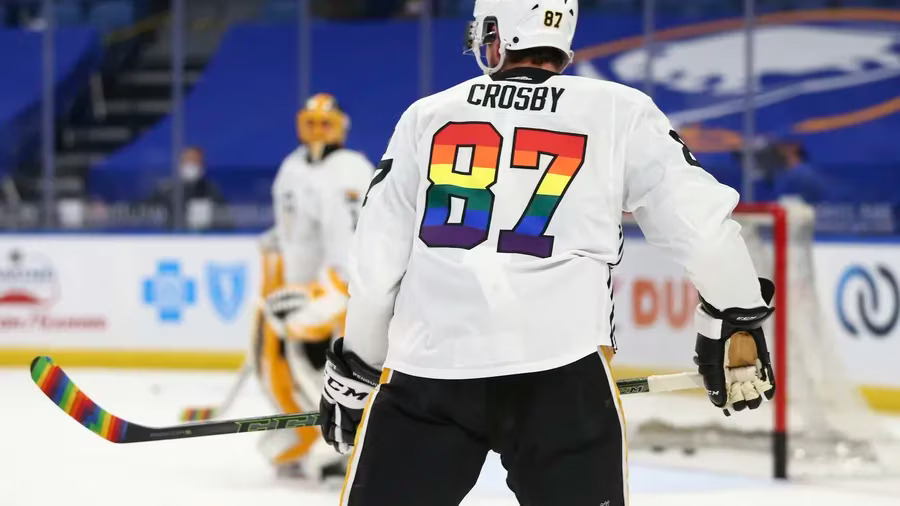
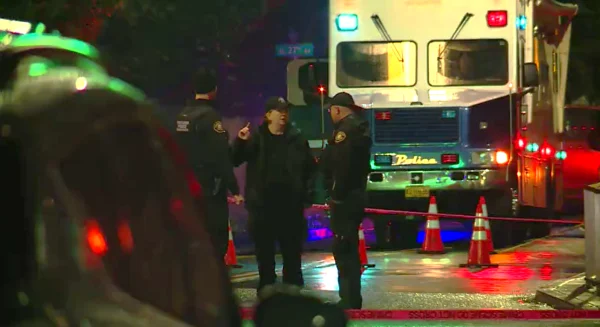
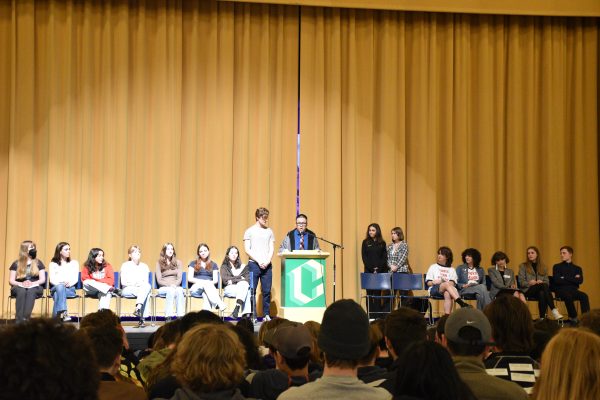
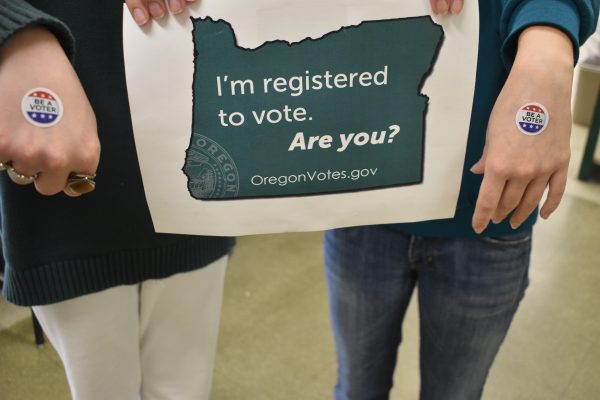
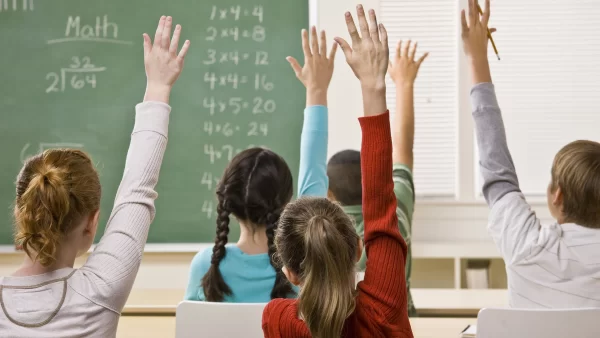
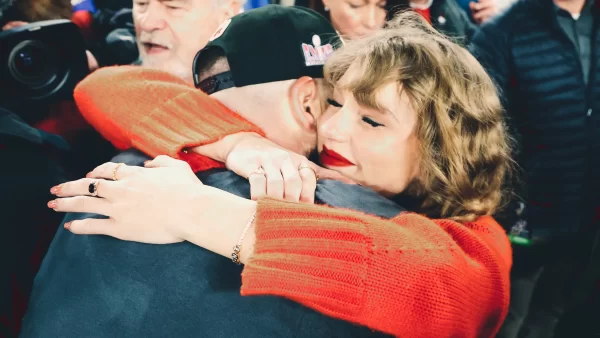
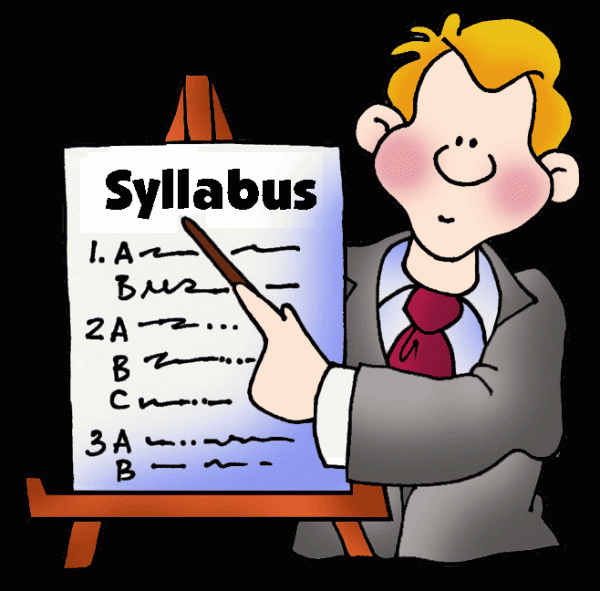

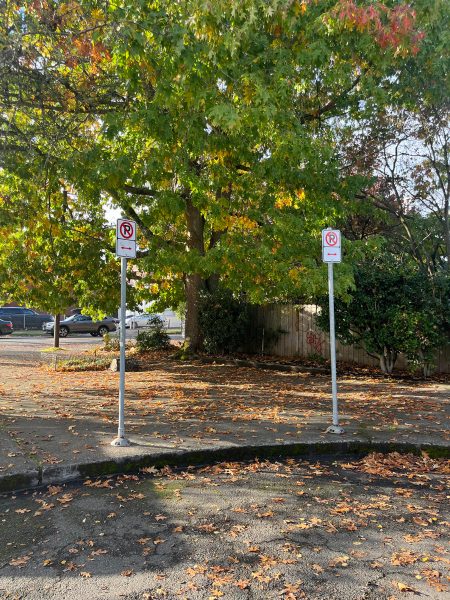
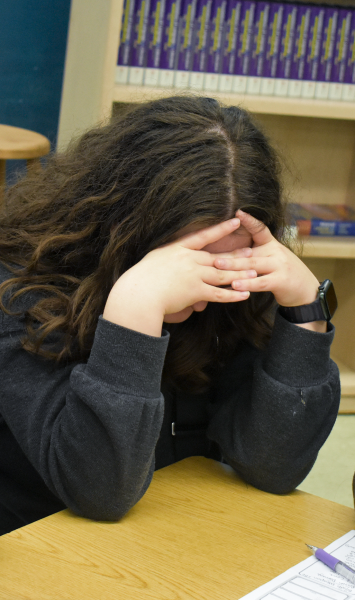
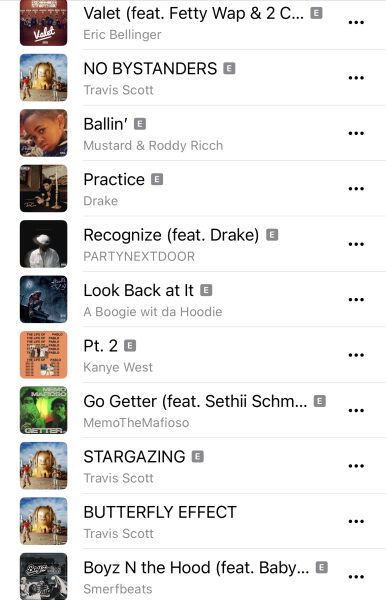
Ray • May 16, 2023 at 11:12 AM
SO FREAKING GOOD OH MY GOD
Jay • May 15, 2023 at 8:51 PM
Well said.